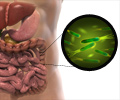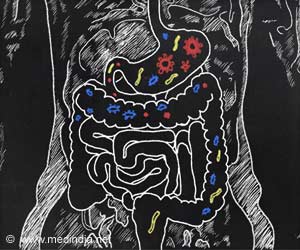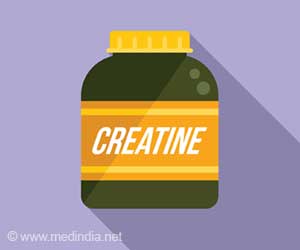Psychobiotic meals such as probiotics and fermented foods for Thanksgiving dinner may be a better option for gut and brain health.
- Thanksgiving feast with psychobiotic foods can be a healthier choice for both gut and brain health
- Psychobiotics include prebiotics, probiotics, and fermented foods that promote digestive health which in turn improves mental health //
- The gut-brain axis is the underlying link behind a psychobiotic diet and enhanced mental health
From Probiotics to Psychobiotics: Live Beneficial Bacteria Which Act on the Brain-Gut Axis
Go to source).
What are Psychobiotic Foods?
Psychobiotics include probiotics, prebiotics, and fermented foods that improve gut health and subsequently mental wellness. These are live bacteria and yeasts that, when consumed in adequate amounts, have the following benefits–- Improved digestion
- Reduced risk of cognitive disease, including Alzheimers disease
- Decreased risk of heart disease
- Improved immune health
- Adequate sleep
- Reduces stress, anxiety, and depression
Gastronomics of Food and Mood
The gut-brain axis is the underlying link connecting the influence of food on our mood.The gut microbiome produces serotonin — the precursor for melatonin, the hormone that controls circadian rhythm and sleep.
Gamma-aminobutyric acid (GABA) is a neurotransmitter that helps induce calmness and sleep and is partly produced by the gut flora (2✔ ✔Trusted Source
Feed your microbes to deal with stress: a psychobiotic diet impacts microbial stability and perceived stress in a healthy adult population
Go to source).
The largest nerve in the body, the vagus nerve, connects the brain and gut, forming the so-called gut-brain axis.
Thus, there is a neurological link between psychobiotic foods and how they affect the brain.
Tips for a Healthy Thanksgiving Dinner
Do’s:
- A Thanksgiving feast without meat is incomplete. Choosing healthier options like turkey, though painful to cook, is good for the gut
- Using ferments, like yogurt, cheese, or pickles contributes to both pre-and pro-biotics boosting gut health and mood
- Foods high in psychobiotic include kefir, kimchi, cottage cheese, buttermilk, and sauerkraut can improve digestive health
- Increase fiber intake, which supports good bacteria that can heal the gut lining and is healthier for gut health. Try choosing whole grain breads with healthy stuffings like walnuts and pistachios
- Avoid packaged foods like potato chips for toppings. Instead, replace them with parmesan cheese which has enormous probiotic benefits
- Replace high-sugar desserts with fresh fruits. Make your platter healthy and colorful with veggie treats
- Replace sugars with low- or non-calorie sweeteners
- Flour and butter are unhealthy options for a curry or gravy. Replace them with blended onion-a healthier choice
- Garlic, onions, and asparagus are other psychobiotic alternatives
Dont’s:
- High-sugar treats
- Packaged foods or ready-to-eat foods
- High-fat foods such as cream, sausages, bacon, and butter
Given that gut microbiota has emerged as a key conduit for enhancing mental health, psychobiotic therapeutics can not only improve mental health but also serve as an alternative approach for patients who might be resistant to traditional therapies.
In summary, incorporating foods rich in psychobiotics into your diet may offer a safe and efficient means of improving your digestive and mental health.
Prepare a Thanksgiving meal that will improve your gut and mood!
Disclaimer: The content on this page is meant to be an informative resource and is not meant to replace advice from a medical professional. It is always best to consult a healthcare provider if you have any concerns.
References:
- From Probiotics to Psychobiotics: Live Beneficial Bacteria Which Act on the Brain-Gut Axis - (https://pubmed.ncbi.nlm.nih.gov/31010014/)
- Feed your microbes to deal with stress: a psychobiotic diet impacts microbial stability and perceived stress in a healthy adult population - (https://www.nature.com/articles/s41380-022-01817-y)
Source-Medindia












